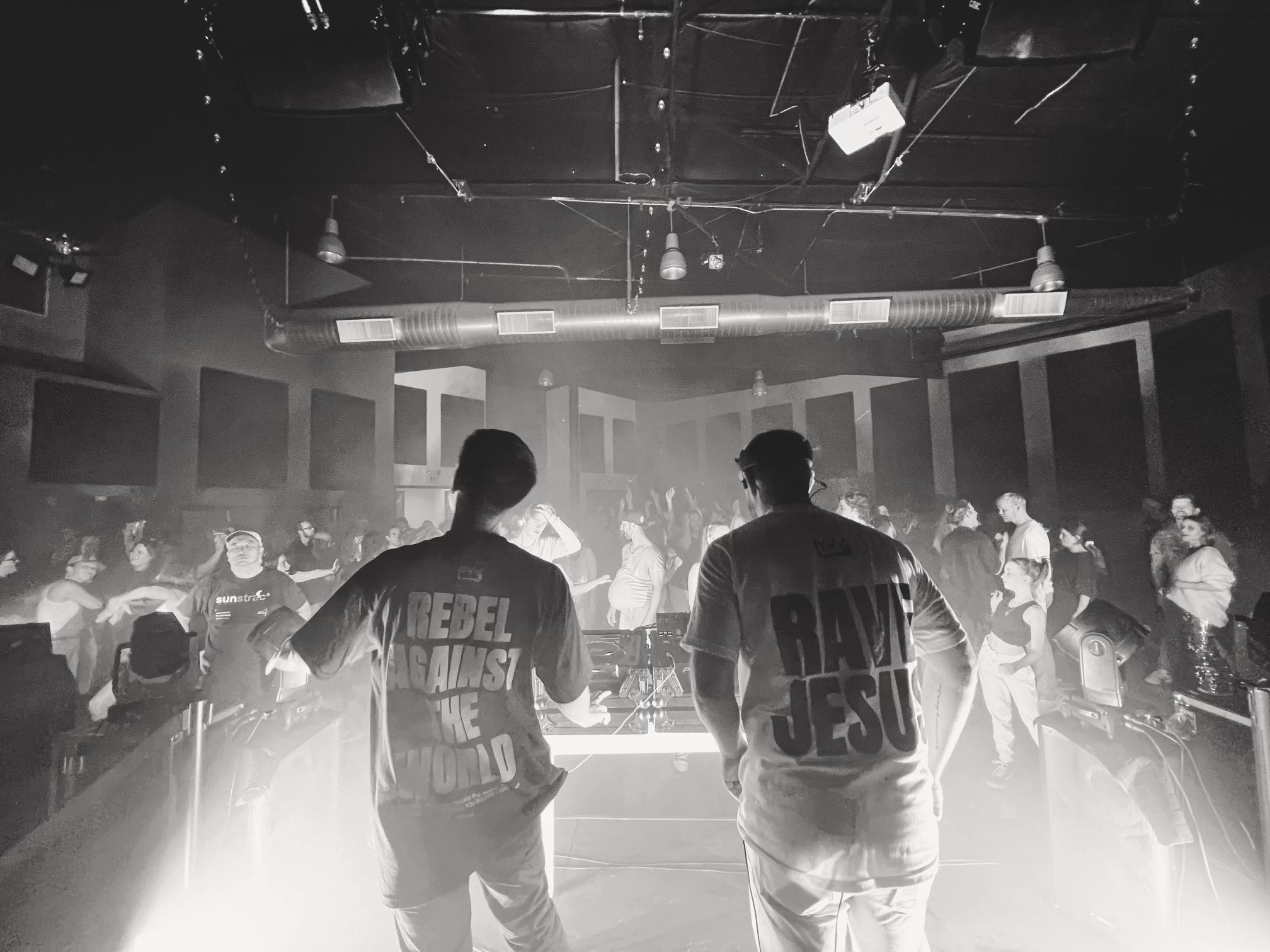Anyone who knows even a little about Naruto and the character's premise understands that his ultimate goal as a teenager was to become the next Hokage. This role as essentially village's president was definitely a long shot for the seeming ne'er do well, but it was also a hard-fought road littered with tragedy.
Naruto's ambition to become the Hokage reflected his mysterious parentage, as well as his desire for attention and approval from a village that hated him. It might also speak to Sarutobi and how he failed to truly help the boy. Here's a look at the youth of Naruto and how it helped mold him into the Seventh Hokage.
The Tragic Childhood of Naruto
Naruto Uzumaki was the son of Minato Namikaze and Kushina Uzumaki, with the former being the Fourth Hokage of the Hidden Leaf Village. His mother was the then-current host of the Nine-Tails -- a powerful fox demon that was only kept at bay by her willpower. Unfortunately, during childbirth, Kushina was captured and the Nine-Tails was released from her body, subsequently wreaking havoc on the village.
Both of Naruto's parents would die in the ensuing carnage, with Minato sacrificing his life and his soul to seal half of the Nine-Tails in Naruto for containment. Unfortunately, this would leave the boy an orphan and rob him of any of the privileges that his parentage may have offered. His birth was a mysterious event kept away from public knowledge, and he was given his mother's maiden name to keep up the ruse that he wasn't the son of the Fourth Hokage.
Sadly, it did become public knowledge throughout the village that he had the destructive Nine-Tails sealed inside of him. This caused the villagers to scorn and shun Naruto, treating the boy as a plague and essentially as if he were the demon itself. He survived on a small stipend supplied by a sort of welfare system through the village, but this wasn't much.
Naruto had no real knowledge of who his parents were or why he was shunned so hatefully by the village. His own ignorance of the Nine-Tails stemmed from Hiruzen Sarutobi forbidding anyone to mention the creature. This attempt to keep children Naruto's age from hating him the way that their parents did sadly backfired, as they shunned him just as much. However, Sarutobi didn't seem to have much of a hand in raising him, especially since he was barely around for his own children.
Naruto's Role as Hokage
Treated like a leper by almost his entire village, Naruto resorted to pranks and practical jokes in order to get attention from people, no matter how negative. As he grew up, he developed the desire to become the next Hokage of his village, with the role essentially being the ultimate form of acknowledgment that anyone could give him. Many mocked this dream, but the attention alone was likely satisfactory for the young Naruto, who craved attention after being ostracized for so long.
His quest to become Hokage also possibly reflected a sort of resentment toward Hiruzen Sarutobi, the Hokage before Naruto's father who took the role again after Minato's death. Naruto likely blamed him for not stopping the harsh treatment that he received from others, as well as his not intervening when Naruto barely made it by on government handouts. This is backed up by his vandalizing images of Sarutobi early in the series. In the end, however, he does respect the old man, and any resentment toward him doesn't keep Naruto from being a sort of older brother to Konohamaru, Sarutobi's grandson.
In the end, all the harsh treatment that Naruto received from his peers and the other villagers only made him more accepting and compassionate toward others. People who mocked and scorned him in the past are later counted among Naruto's group of friends. Thus, he becomes even more determined to become the next Hokage, eventually achieving this goal by the end of his series. Unfortunately, the role keeps him from being with his family as much as he would like, ironically echoing what Sarutobi went through. Still, Naruto is a just and powerful leader whose outlook on life is fueled by his less-than-happy upbringing.
About The Author

